Ethics and Agency Theory: An Introduction

Summary
Agency theory involves what is known as the principal-agent problem, a topic widely discussed in economics, management, and business ethics today. It is a characteristic of nearly all modern business firms that the principals (the owners and shareholders) are not the same people as the agents
(the managers who run the firms for the principals). This creates situations in which the goals of the principals may not be the same as the agents--the principals will want growth in profits and stock price, while agents may want growth in salaries and positions in the hierarchy. The fourth volume
in the Ruffin Series in Business , this book explores the ethical consequences of agency theory through contributions by ethicists, economists, and management theorists.
Similar Books
-
 Advertising & Promotion: An Integrated Marketing Communications Perspective
Advertising & Promotion: An Integrated Marketing Communications Perspectiveby George E. Belch
-

-
 Innovate or Die!: A Personal Perspective on the Art of Innovation
Innovate or Die!: A Personal Perspective on the Art of Innovationby Jack V. Matson
-
 CIA, Inc.: Espionage and the Craft of Business Intelligence
CIA, Inc.: Espionage and the Craft of Business Intelligenceby F.W. Rustmann Jr.
-
 Marketing Health Services
Marketing Health Servicesby Richard K. Thomas
-
 Entrepreneurial Finance
Entrepreneurial Financeby Janet Kiholm Smith
-
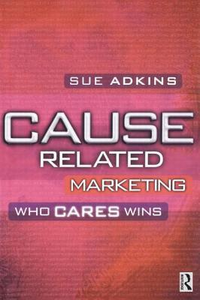 Cause Related Marketing
Cause Related Marketingby Sue Adkins
-
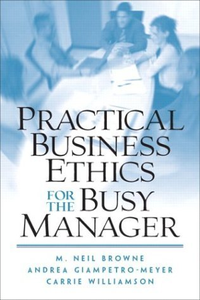 Practical Business Ethics for the Busy Manager
Practical Business Ethics for the Busy Managerby M. Neil Browne
-
 Just Business: Business Ethics in Action
Just Business: Business Ethics in Actionby Elaine Sternberg
-

-
 Profit Strategies for Air Transportation
Profit Strategies for Air Transportationby George Radnoti
-
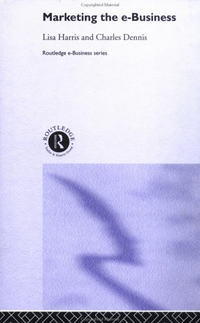 Marketing the e-Business
Marketing the e-Businessby Lisa Harris
-
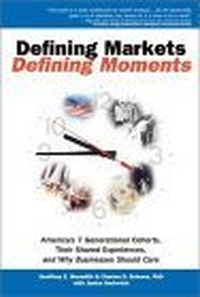
-
 Opportunities in Allied Health Careers
Opportunities in Allied Health Careersby Alex Kacen
-
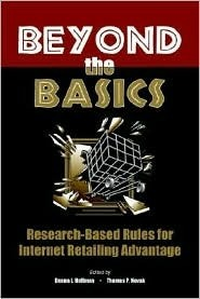 Beyond the Basics: Research-Based Rules for Internet Retailing Advantage
Beyond the Basics: Research-Based Rules for Internet Retailing Advantageby Donna L. Hoffman
-
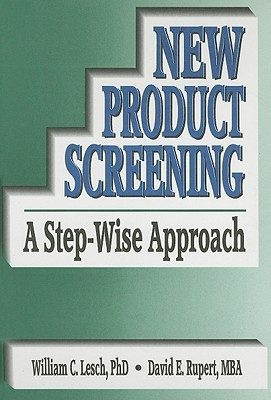 New Product Screening: A Step-Wise Approach
New Product Screening: A Step-Wise Approachby William Winston
-
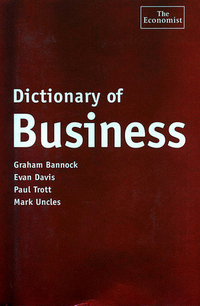 Dictionary of Business
Dictionary of Businessby Graham Bannock